Although heating water for your home accounts for about 19 percent of your annual utility bill, it?s easy to take hot water for granted until something goes wrong with your water heater. The cost and inconvenience of repair or replacement can easily be avoided by maintaining your system to keep it operating safely and efficiently year round. Water heater maintenance is a cooperative effort between you and your plumbing technician. Here are some of the essential tasks that you or a professional should do once a year to extend the life of your water heater:
Check the TPR valve
The TPR, or temperature and pressure relief, valve is an essential safety feature that prevents excessive pressure and high temperatures from building up inside your system, increasing the potential for damage to the system and rare but highly dangerous explosions. If you’re feeling up to it here’s how to check and change your TPR valveOn the other hand, check out this MythBuster’s clip on what happens when a water heater can’t release pressure:
Replace the anode rod
This sacrificial metal rod prevents your tank walls from rusting. If you start smelling a sulfur or rotten egg odor to your hot water then most likely your anode rod needs to be replaced. Your or your technician should inspect the rod and replace it if it?s corroded.Here’s a video on how to replace your anode rod and the science behind it:
Drain the sediment
Sediment in the bottom of your water heater?s tank acts as an insulator between the water and the heating element or flame, and can significantly reduce the efficiency of your system. Different types of minerals like calcium and lime will buildup and overheat the lower half of your tank and reduce the heat transfer. When the water heater over heats, the steel debilitates and the glass lining becomes ruined accelerating your water tank’s decay. It could even cover up your lower element, evoking it to fail.It also ends up clogging the drain valve and then leading to annoying, sometimes frightening, noises caused by water under the sediment boiling and releasing steam bubbles through the sediment recurrently making the sediment collapse on itself.
How often you should flush your water heater or change your anode rod really depends on where you live and how hard the water in your area is. In some locations with harder water like Florida, it’s recommended to flush it every 3 months or so to really maintain your water heater from too much buildup. This US water hardness map from Quality Water Treatment can give you an idea of how your area is:


Hard Water Chart
If you think it’s been a while since you’ve last flushed your water heater or have never done it before, you should get a technician to do some standard maintenance or see how to drain your water heater yourself here:
Tighten connections
Over time, gas and electrical connections become loose and hamper the efficiency of your system and pose safety risks. A loose connection could cause high resistance and cause it to overheat. The wire and the terminal will heats up, expand, and deforms slightly.When the power shuts off, it all cools and will become a little bit looser. It wouldn’t trip a breaker because there is no excessive electrical pull. The only way it would trip your breaker is if the heat would break down the surrounding insulation and it short circuited. The heat will also cause the terminal and wire to oxidize, which isn’t good for conducting electricity because it increases the resistance of the connection.
The cycle will repeated every time the heating element turns on and off. Eventually leading to having to replace your water heater. Make sure to clean and tighten all the connections to ensure your water heaters optimum performance.
A water heater can catch fire and you wont even know it. This person wanted to see why their hot water heater was blowing fuses so they set up a camera. After seeing what happened they quickly called a plumber:
Inspect the flue and vent
Flue gasses rapidly cooling and condensing inside the flue and pipe is usually the reason why corrosion occurs. Of course, there are other factors that can make it deteriorate like living near the beach or natural decay over time. Damage to the venting system of your water heater can result in dangerous carbon monoxide leaks. You or your technician should inspect the flue and vent and repair any damage to ensure your safety.In this story about two brothers one named Chase, nine, and the other Tyler, seven, found dead in a bedroom from a faulty flue depicts just how silent but deadly carbon monoxide can be.
Clean the essential components
Dirt and mineral buildup on your burner assembly or heating element can reduce your system?s efficiency and pose safety risks. You or your technician should clean these components and replace any damaged parts periodically. Doing these simple things would dramatically increase the lifespan of your water heater.Don’t just leave it to a plumber
Water heater maintenance shouldn?t end after your technician finishes the job. There are several things you can do to ensure your water heater performs safely and efficiently between tune-ups:
- Keep the water heater thermostat set to 120 degrees. Higher temperatures not only pose a risk for scalding, but also increase sediment buildup and corrosion in your tank and raise your energy costs.
- Insulate your water heater tank and pipes to save up to 9 percent on your water heating costs and decrease the time it takes for hot water to reach your faucets. Precut foam insulation for your pipes and tank insulating blankets are inexpensive, widely available and easy to install.
- Maintain the area around your water heater, vacuum around your system regularly and store combustible materials at least 15 feet away from the unit to prevent safety hazards.

MAY
2013









